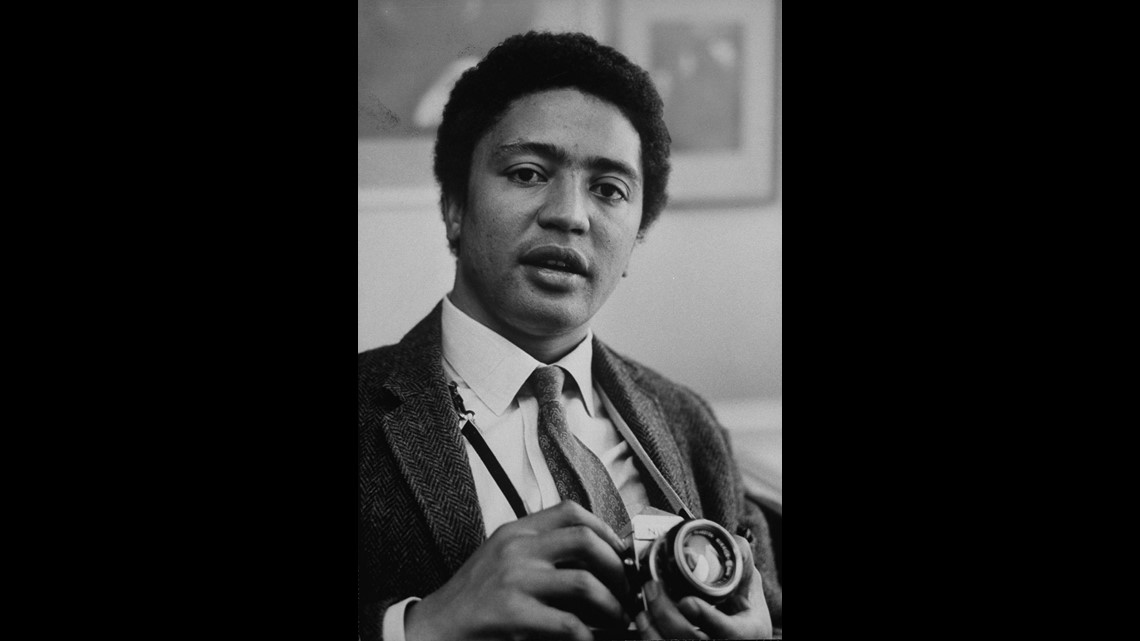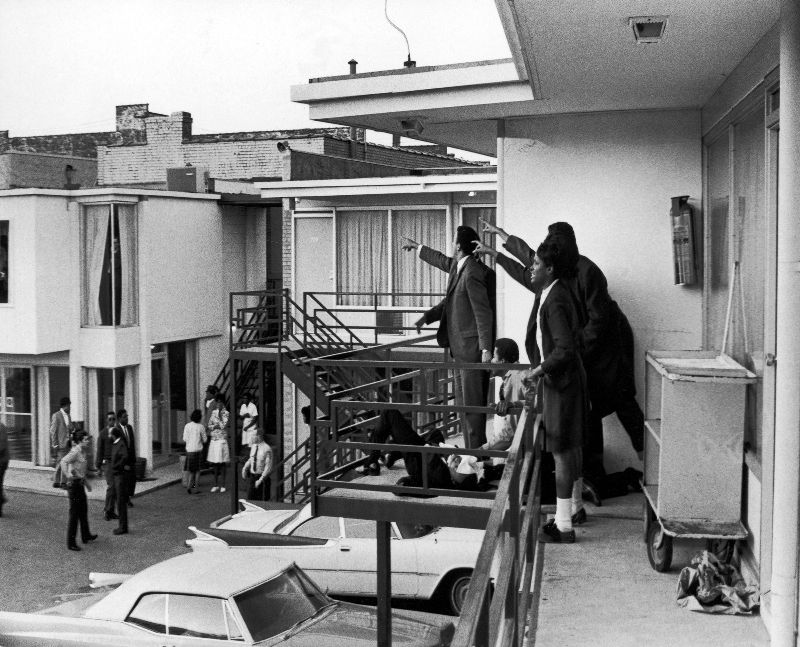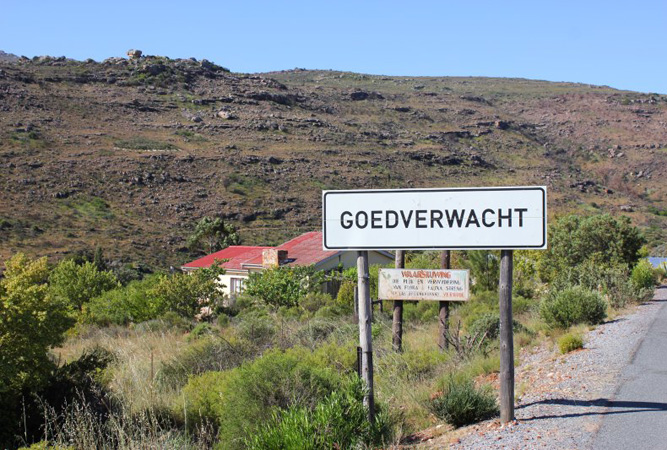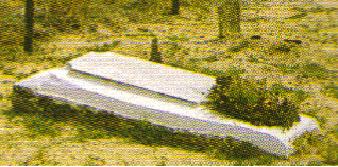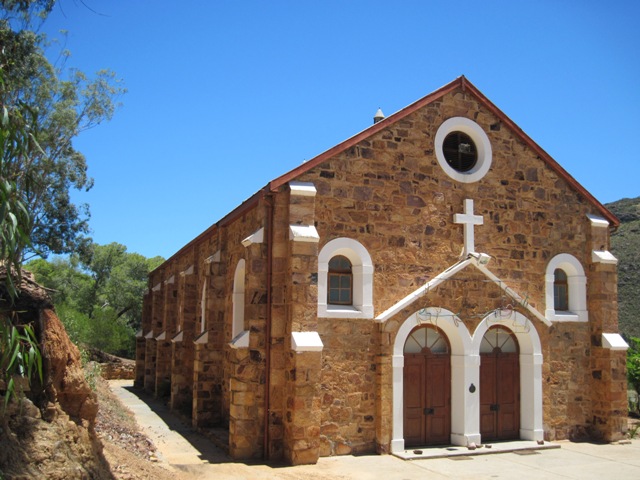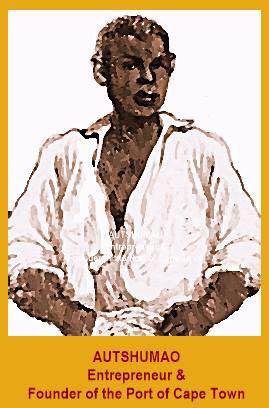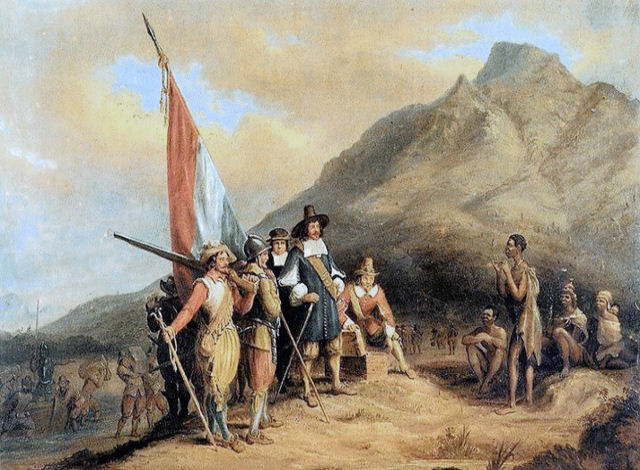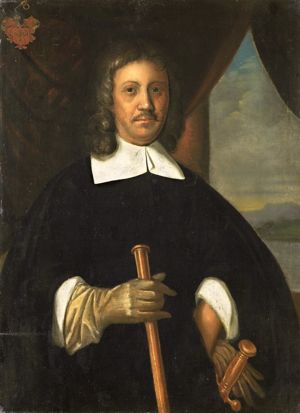
David Stuurman was a Khoi chief who fought against Dutch and British colonial rule between 1799 and 1819. He is the only person to have successfully escaped from Robben Island on two occasions. (1/7)
#AColouredTapestry
#AColouredTapestry

He resisted colonial rule as indigenous people were dispossessed of their land and forced to work on farms. He also opposed the conscription of the Khoi into militias that were created to defend the colony and to attack San and amaXhosa. (2/7) 

In 1809, David was arrested, charged and sent to Robben Island. He was among the first political prisoners on the island. By December 1809, David and a few others were the first to successfully escape from the island. (3/7)
David made it out of the colony and was given refuge amongst the amaXhosa. He was captured during the fifth Xhosa War and put to hard labour on Robben Island. On 9 August 1820, he escaped from Robben Island again. (4/7) 

The getaway boat capsized at Blouberg. Makana, another resistance hero, drowned in this event. On 16 December 1820, David was caught and sent to Robben Island. He was chained to a wall until he could be transported to Australia. (5/7)
David arrived in Sydney on 22 April 1823. On 22 February 1830, David Stuurman died and was buried. The cemetery where he was buried was later redeveloped for a railway station. His remains have not been located. (6/7) 

On 13 June 2017, a traditional ceremony was conducted in Sydney to repatriate the spirit of David Stuurman. A second spiritual repatriation was conducted at the Sarah Baartman Heritage Centre in Hankey to put him to rest. (7/7) 

• • •
Missing some Tweet in this thread? You can try to
force a refresh

